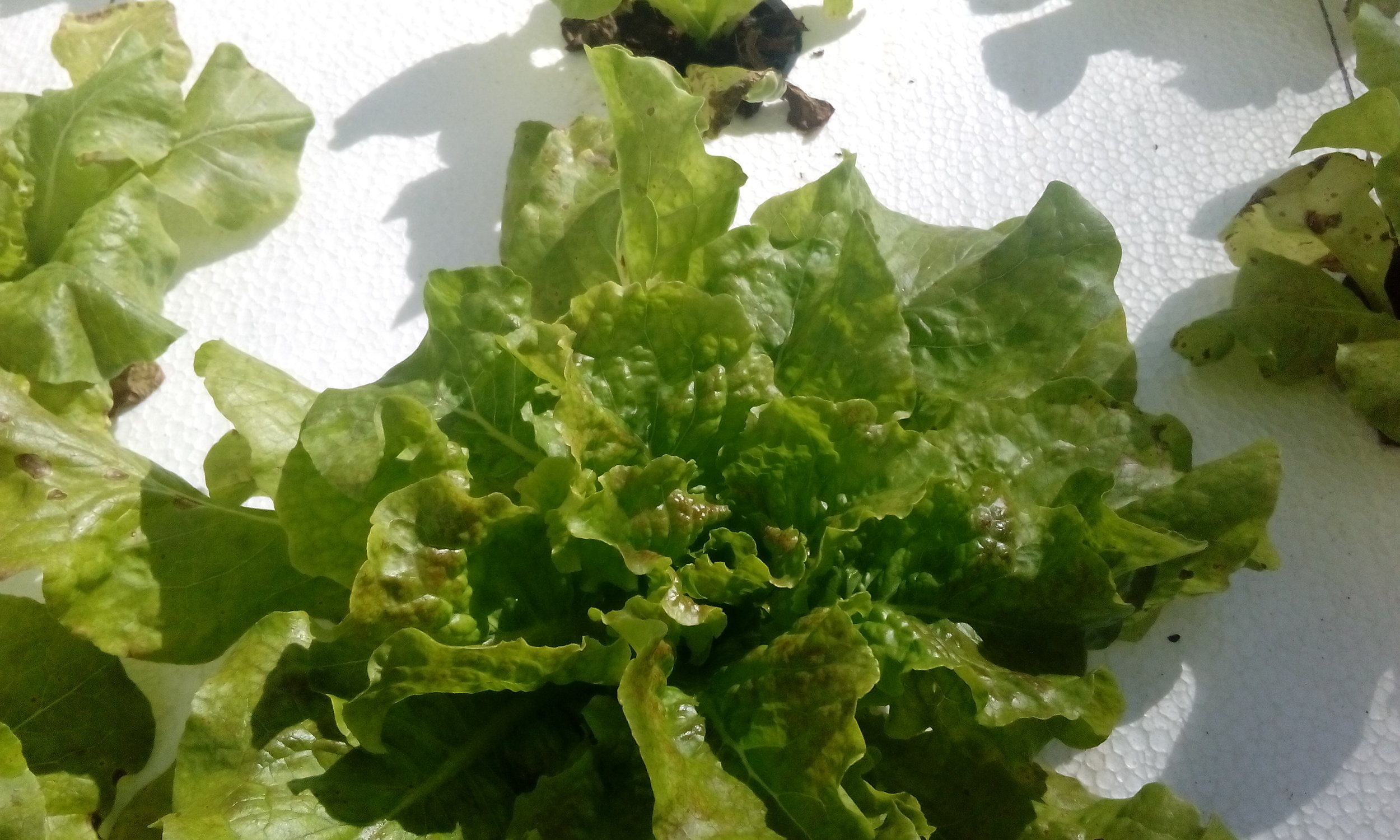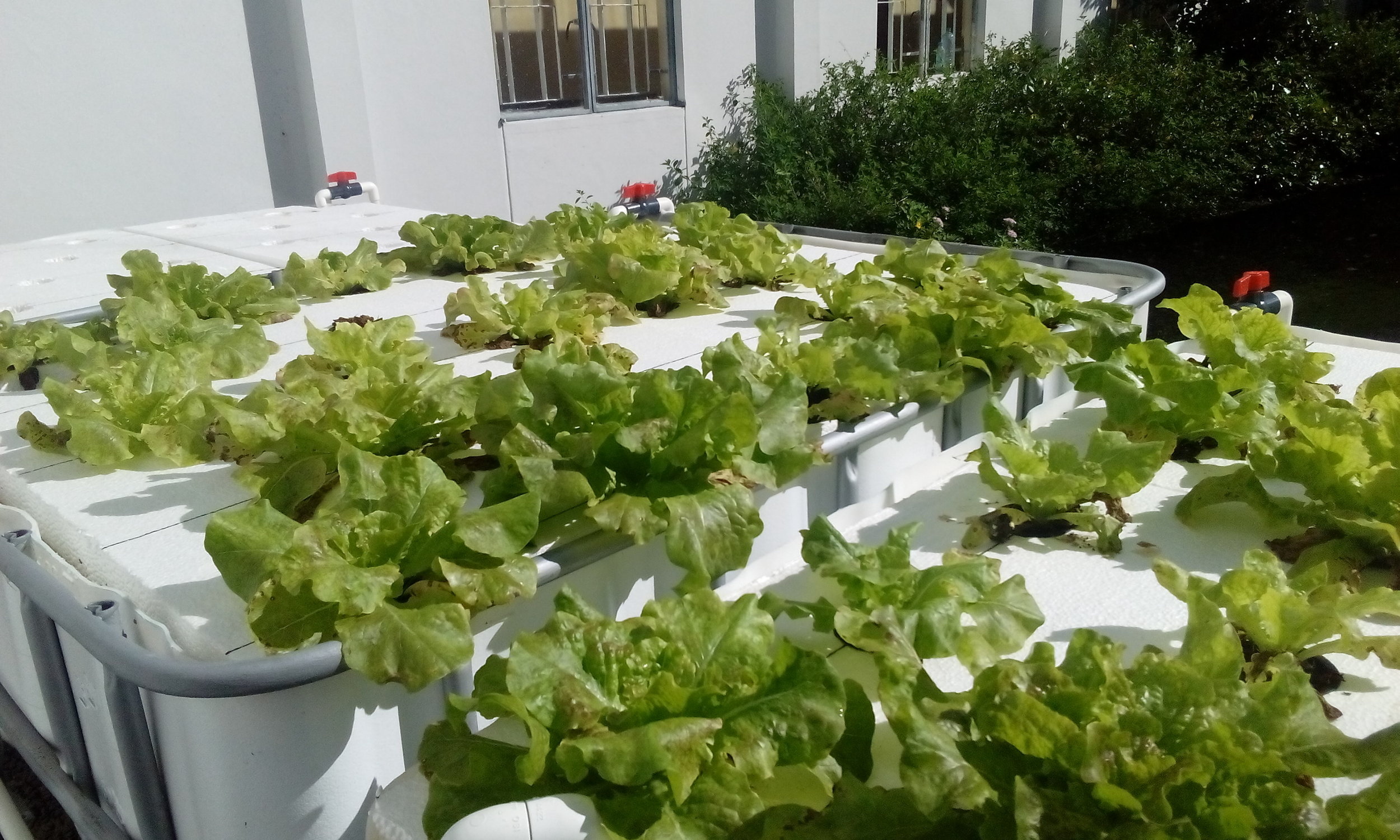Aquaponics is a farming method that allows you to grow vegetable and fish together. This system is gaining momentum in the farming industry as an efficient and sustainable way to produce food, which consists of a combination of aquaculture and hydroponics that grows fish and plants together in a symbiotic environment. Hence why the Loreto College Curepipe from Mauritius has decided to experiment it and use it in an educational tool, involving more than 50 students aged 11-18 into the project.
The outcomes of the projects were numerous: students learnt valuable scientific concepts and gained practical technical knowledge, useful for their working future, they were confronted with sustainability issues, such as sustainable food production. Teachers also benefited from this activity, learning new hands-on teaching method and how to integrate global trends into their teaching activities.
This project does not only fit perfectly in the school curriculum, but also has a strong link with the SDGs. In fact, it encompasses sustainability concepts such as food scarcity, food security, social inclusion, decent standards of living, urban farming. The use of aquaponics as an educational tool, also helps the students learn valuable scientific concepts, linking it with SDG 4 (quality education).
If you want to see how the school built is small aquaponics system, you can also watch their video:


